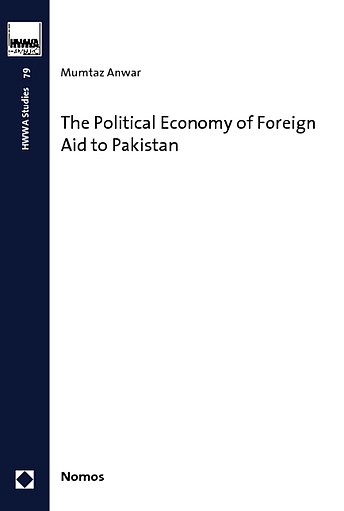All political decision making processes reflect the interaction of different utility maximising actors: politicians, voters, bureaucrats and interest groups. Theoretical literature on the subject is not conclusive, and thus far, little empirical work exists. This study presents an econometric analysis of the allocation of development aid to Pakistan based on a political economic framework of aid allocation.
Looking at bi- and multilateral aid to Pakistan from 1960 to 2002, results suggest that aid flows to Pakistan are highly motivated by special interests within donor countries and international financial institutions (IFIs). Looking more specifically at bilateral aid, and especially aid by the single largest donor to Pakistan, i.e. the US, analysis suggests that Pakistan and Indian ethnic lobbies could play a role in aid flows, and in the passage of two important amendments, the Pressler and Brown Amendments, in US aid authorisation bills regarding aid to Pakistan. Analysis of multilateral financial flows to Pakistan shows that Pakistan receives a large amount of lending but with considerable variations over time. To some extent personal contacts of Pakistani international civil servants appear to play a role in multilateral lending to Pakistan, along with major shareholders economic interests.


